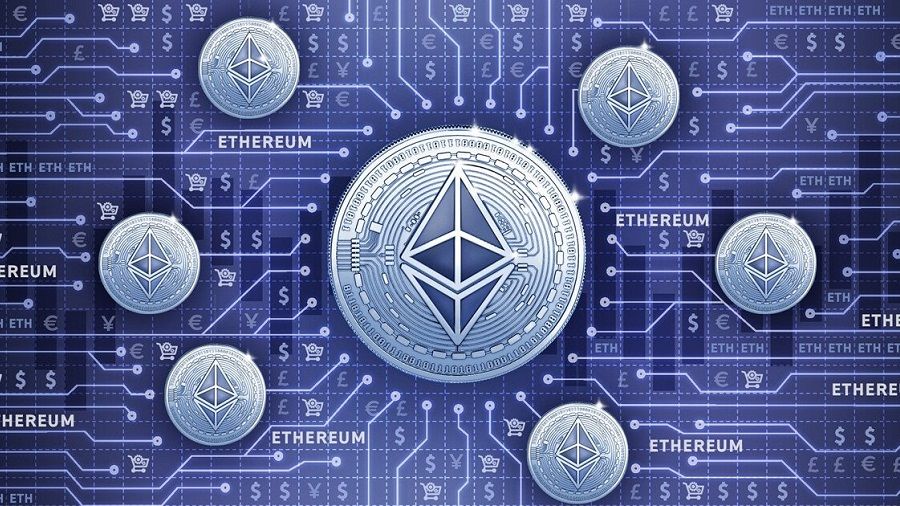Certus One co-founder Hendrik Hofstadt attributed the marked increase in Ethereum transactions to the architecture of the popular Geth client.
The fact is that now the Geth client, used by Ethereum miners, executes transactions with the same gas size in a random order. This is used by trading companies – they create bots that monitor the queue of unconfirmed transactions on the network. If large transactions are detected on decentralized platforms, such bots create new transactions with increased commissions in order to profit from movements in the price of tokens and ether during the execution of the transaction.
To prevent other firms from performing a similar trick, bots “clutter” the network with many zero-amount transactions. So firms are spent on commissions, but they get a lot of profit. Since April 2018, $ 5.99 million has been spent on commissions for such transactions, although the bulk of them were created after mid-March 2020.
According to Coin Metrics, the average transaction fees on the second cryptocurrency network have grown 9 times since May. This was influenced not only by spam transactions, but also by the growing popularity of DeFi, various fraudulent schemes, and more.
The Geth development team is aware of the issue. At the end of July, it was proposed to change the principle of confirming transactions – instead of a random sample of transactions with the same gas size, it was proposed to execute them on a first come, first served basis. Miners must now update their Geth clients for the offer to take effect. Hofstadt emphasized that if miners care more about their pockets and not about the health of the network, then they may not update the application.
Recall that in July trading volumes on decentralized exchanges (DEX) amounted to more than $ 4.3 billion. This is 174% higher than the previous record set a month earlier.







